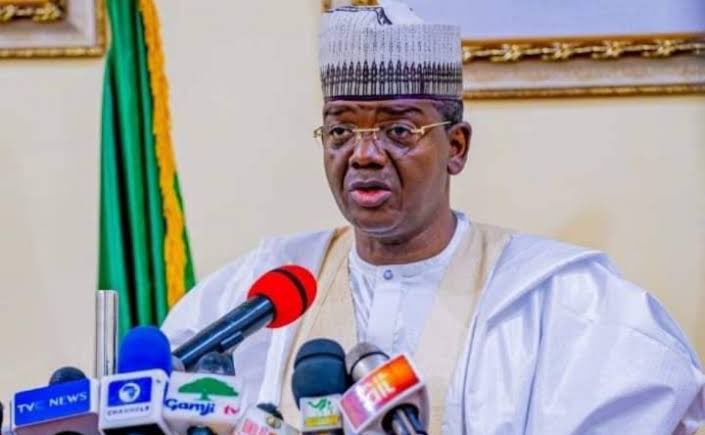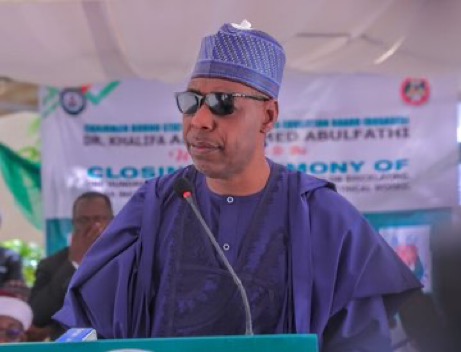Nigeria’s debt to the International Monetary Fund has grown sharply by N2.5 trillion in just one year under President Bola Tinubu’s administration, according to a report by Sahara Reporters. The data, drawn from official government financial statements, indicates a troubling rise from roughly N3.5 trillion to over N6 trillion between June 2023 and May 2024.
The increase is being linked to the administration’s aggressive fiscal strategies aimed at stabilizing the economy following the removal of fuel subsidies and the unification of exchange rates. While these policies were promoted as necessary for structural reform, their implementation has come with high costs and mounting external borrowing.
Economic experts are sounding the alarm over what they call an unsustainable pace of debt accumulation. With debt servicing already consuming a large portion of Nigeria’s budget, further reliance on IMF loans could tighten the noose on public finance. The concern isn’t just about the size of the debt but the lack of visible returns on investment in critical sectors like healthcare, education, and infrastructure.
So far, the federal government has not issued a direct response to the report. But public sentiment is turning increasingly skeptical, with many questioning whether the sacrifices demanded of ordinary Nigerians are yielding real economic improvements or simply deepening the country’s fiscal hole.







Leave a Reply